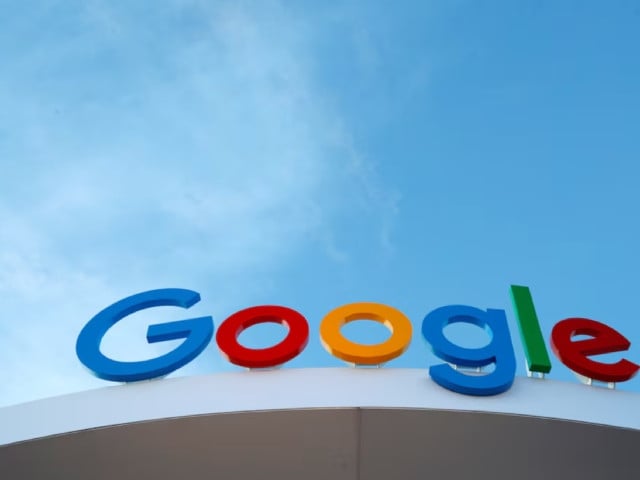In a significant legal ruling, a US judge has mandated that Google modify its app store practices to promote greater competition on its Android platform. This decision, issued on October 7 by US District Judge James Donato in San Francisco, comes in response to a lawsuit brought by Epic Games, the developer of Fortnite, which accused Google of monopolizing app distribution and payment markets on Android devices.
The injunction, effective for three years, requires Google to allow users to download apps from third-party sources and utilize alternative in-app payment methods. The judge has also prohibited Google from financially incentivizing device manufacturers to pre-install its Play Store or sharing revenue from the Play Store with other app distributors. These changes are set to take effect on November 1, 2024, aiming to dismantle perceived unfair restrictions that hinder competition.
Epic Games filed its lawsuit in 2020, arguing that Google’s policies unfairly limited how consumers accessed apps and how developers managed in-app transactions. In December 2023, a jury ruled in favor of Epic, leading to this injunction.
Judge Donato emphasized that Google’s monopolistic control over the Android app market necessitated reform, countering the company’s claims that such changes could compromise user privacy and security. Google announced plans to appeal the decision, asserting that the reforms could lead to unintended consequences for consumers, developers, and device manufacturers. The company intends to seek a stay of the order as it prepares to appeal in the 9th US Circuit Court of Appeals.
In response to the ruling, Google stated, “While these changes might satisfy Epic, they will cause unintended consequences that harm American consumers.”
Epic Games CEO Tim Sweeney hailed the ruling as a victory for competition within the Android ecosystem. He indicated that the Epic Games Store and other third-party app stores will debut on Google Play in 2025, marking a potential shift in how Android users access apps. Sweeney noted that app developers and store creators now have a three-year window to foster a competitive ecosystem that Google cannot easily obstruct.
This ruling is part of a broader wave of legal challenges facing Google. In August 2024, US District Judge Amit Mehta ruled that Google illegally monopolized web search by paying billions to become the default search engine on various devices. Additionally, the tech giant is engaged in an antitrust trial in Virginia, where the US Department of Justice has accused it of monopolizing the advertising technology market.
Globally, Google is under scrutiny, including in New Zealand, where legislative proposals have placed the company at odds with local lawmakers and news organizations. The New Zealand government has introduced the Fair Digital News Bargaining Bill, requiring tech companies like Google to compensate news organizations for linking to their content. Google has opposed this bill, warning it could lead to severe consequences, including the removal of news content from its platforms in the country.
In response to rising demands for transparency and competition, Google has been testing new features in some regions, including a verification system for businesses that helps users identify authentic organizations. This feature, which displays a blue checkmark next to verified businesses in search results, aims to assist consumers in avoiding counterfeit websites and fraudulent services.
However, the ongoing dispute with the New Zealand government over the Fair Digital News Bargaining Bill adds another layer of complexity. Google New Zealand’s country director, Caroline Rainsford, cautioned that the bill could force the company to terminate its agreements with local publishers and remove news from its search and news platforms.
This situation reflects similar tensions between tech companies and regulators in Australia and Canada, where comparable legislation has emerged. As Google navigates regulatory scrutiny and antitrust challenges worldwide, these developments signify a global effort to rein in the dominance of major tech platforms and promote fairer competition across various sectors.



